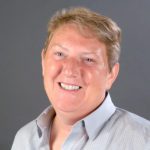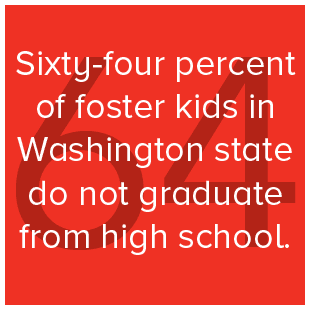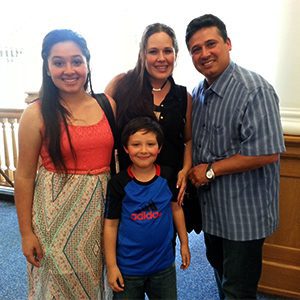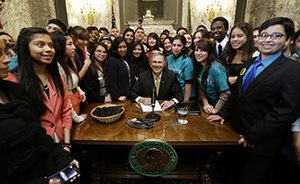July Education Advocate, the LEV Monthly E-news
Greetings

Now that the state budget negotiations have finally crossed the goal line, I am happy to report that our legislature has made a huge investment in K-12 education! Thanks to your advocacy and support, schools with historically underserved students will get much-needed additional help. Read more about the legislature’s solution to the Supreme Court’s McCleary decision in this blog by Daniel Zavala, LEV’s director of policy and government relations. Be a part of this landmark moment! Help ensure that the McCleary decision is implemented to benefit every Washington student by making your gift today.
Also, LEV interviewed Washington state Superintendent of Public Instruction Chris Reykdal about his long-term vision for K-12 education. And we’re hosting a free Lunchtime LEVinar July 20 on how adverse childhood experiences (ACEs) and complex trauma impacts student learning.
Read below for more about our work.
Thanks for all you do for kids. We couldn’t do it without you.
Chris Korsmo

 It was the day that Jane was brought into the principal’s office to be scared by a police officer for threatening other kids that sent me over the edge. She was in the eighth grade, being bullied, and in a downward spiral of discipline without direction or objective. I walked into the principal’s office and told him if he ever did anything like that again without calling me first I was going to sue everyone in the district. “There is a long line of people who’ve let this kid down,” I said, “and you are one of them.”
It was the day that Jane was brought into the principal’s office to be scared by a police officer for threatening other kids that sent me over the edge. She was in the eighth grade, being bullied, and in a downward spiral of discipline without direction or objective. I walked into the principal’s office and told him if he ever did anything like that again without calling me first I was going to sue everyone in the district. “There is a long line of people who’ve let this kid down,” I said, “and you are one of them.”
 Rogers High School
Rogers High School Chris Korsmo, CEO of the League of Education Voters, submitted an op-ed to The Seattle Times‘ Education Lab yesterday. It was published in The Seattle Times print edition on June 20.
Chris Korsmo, CEO of the League of Education Voters, submitted an op-ed to The Seattle Times‘ Education Lab yesterday. It was published in The Seattle Times print edition on June 20.![Transforming School Discipline: The Next Step [image of children running]](https://b2881166.smushcdn.com/2881166/wp-content/uploads/2014/03/2014_discipline_levinars-300x184.jpg?lossy=1&strip=1&webp=1) During the 2013 legislative session, many of you helped us pass a law (SB 5946) that makes school discipline data public and limits the number of days that students can be removed from class.
During the 2013 legislative session, many of you helped us pass a law (SB 5946) that makes school discipline data public and limits the number of days that students can be removed from class.